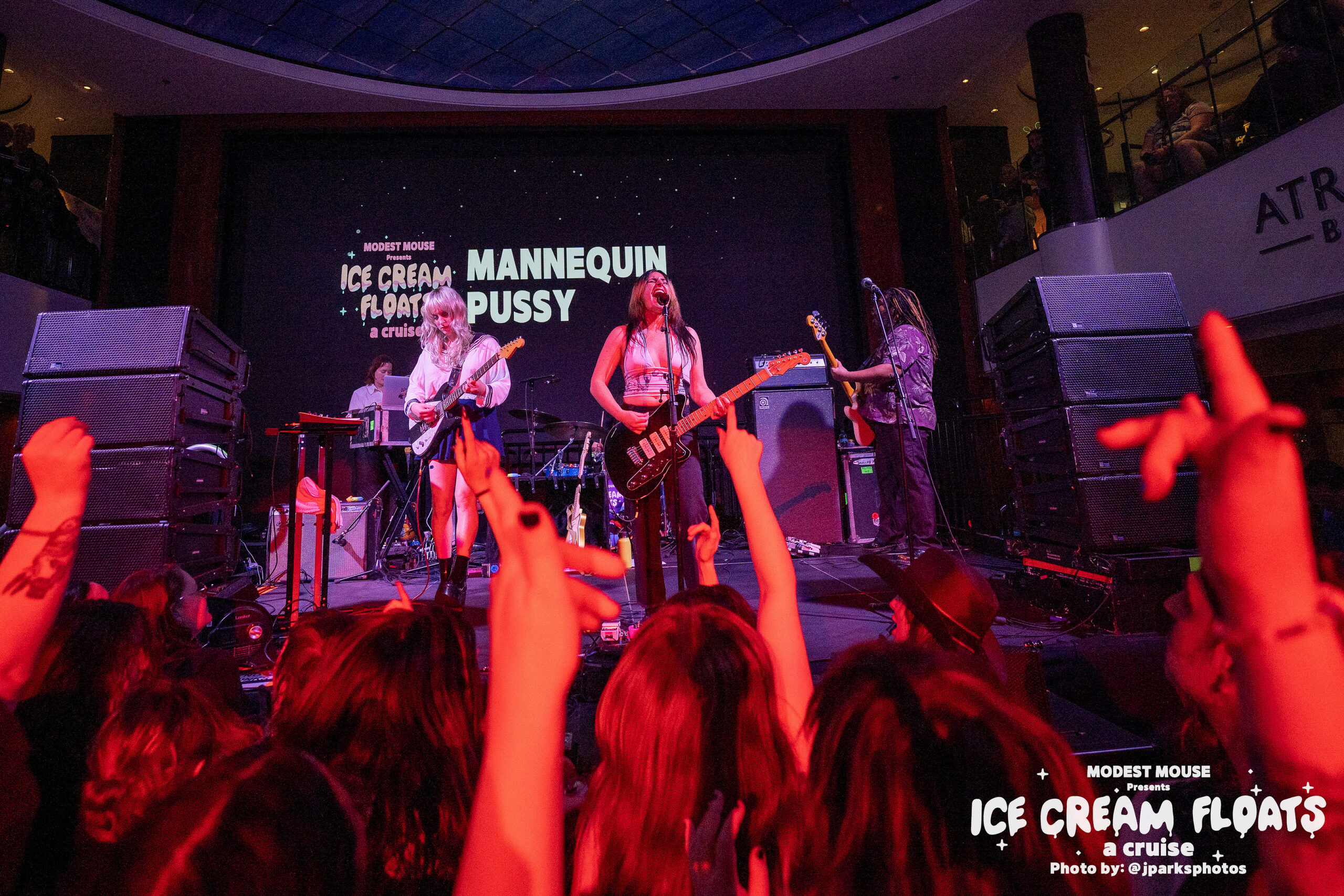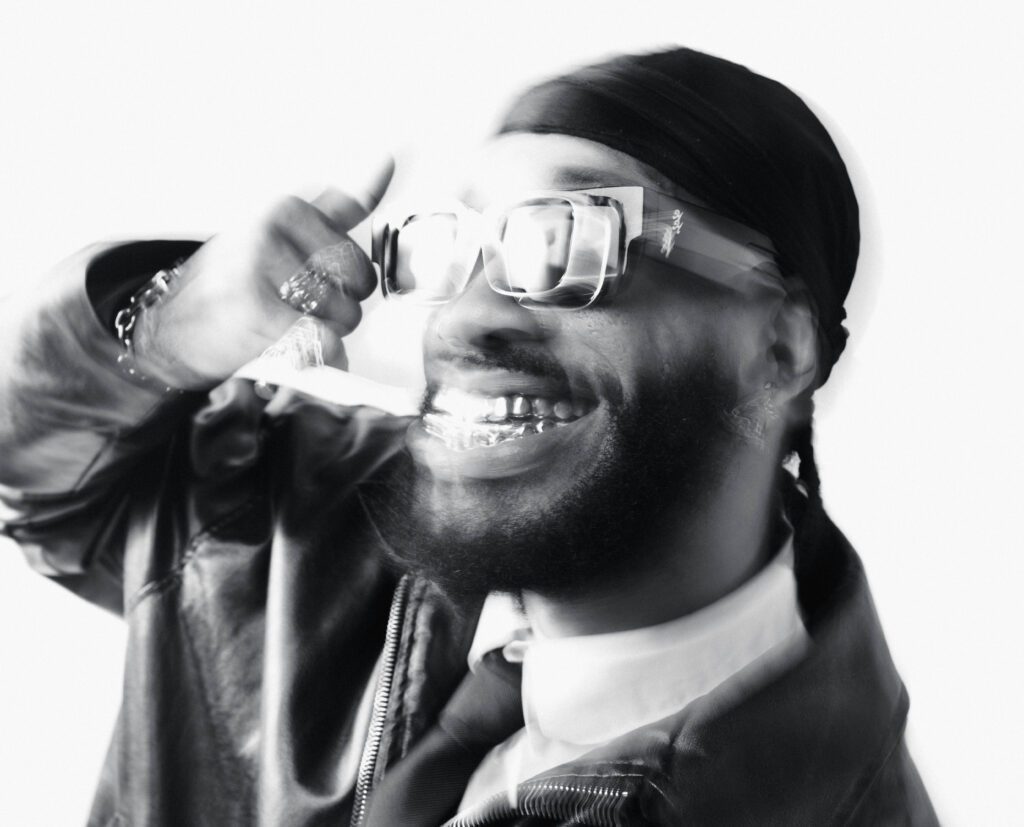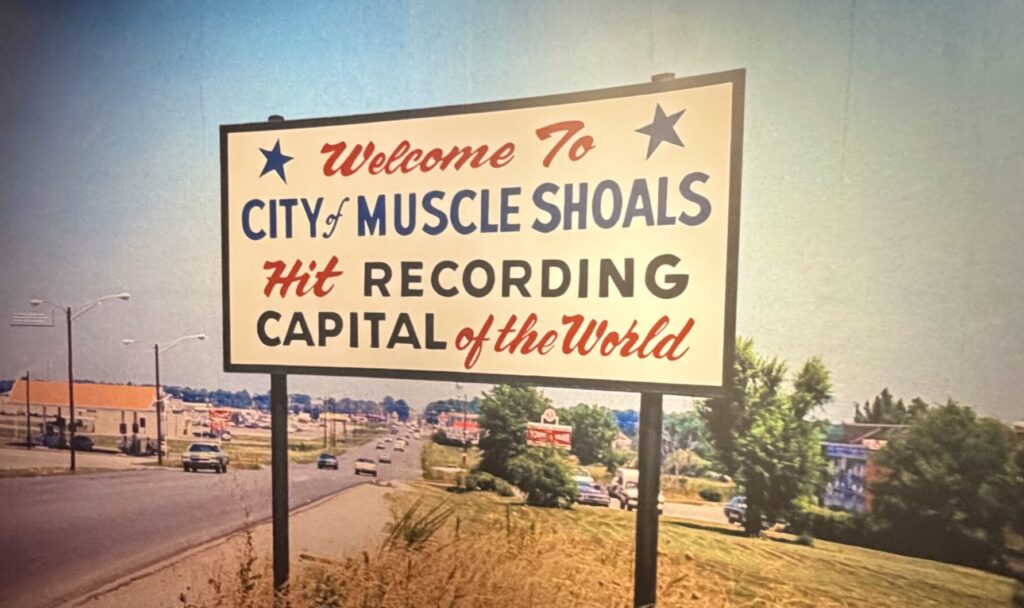The day that a performer makes an inaugural performance on the Grand Ole Opry is filled with rites and rituals that range from the extravagant to the mundane. They’re supposed to arrive at the Opry House in suburban Nashville to find a special parking spot reserved by a plaque bearing their name. But rising musical country comic Danae Hays pulled into the lot only to find that someone had stolen her space.
@danaehays I feel like I drank rocket fuel that night! Still buzzing 🤩 @Grand Ole Opry
♬ original sound – danaehays
“That is the most comedian thing to happen at the Grand Ole Opry,” she laughed as she made her way down the awning-covered walkway of the artists’ entrance with her small entourage.
Inside, veteran security guard Jim Schermerhorn gave her the evening’s itinerary and her dressing room assignment. “You got number four, the very first one on the left,” he said. It’s tradition that first-timers get that room.
“And while you’re here,” he went on congenially, “feel free to walk around and take it all in.”
But it wasn’t like this was Hays’ first visit backstage. There was a sense of familiarity to her banter with Schermerhorn, who teasingly called her a troublemaker.
Opry leadership, including senior VP and executive producer Dan Rogers, likes to get to know an artist before having them on the show. “Many, many times we’re inviting folks to come and play for us,” Rogers explained. “And that’s not an audition at all.”
It’s less formal than that. In Hays’ case, Rogers and his team saw her blowing up on TikTok over the last several years with her pot-stirring downhome characters, absurdly silly bits and impishly off-color country songs and brought her in to make some social media content at the Opry. After a few collaborations like that, Hays got her official invite.
The Opry’s big centennial celebration
The timing was significant. Hers was one of at least 100 Opry debuts planned for this year as part of the show’s 100th anniversary celebration, along with a network TV special, a lavish book, the Opry’s first overseas broadcast and plenty else.
It’s a big deal when a cultural institution reaches the century mark, and it’s the live, country music stage show – not the theater that houses it – that’s marking that milestone in 2025. A big part of what’s kept the Opry going, and come to define who and what we consider to be part of country music lineage, are the many generations and styles of performers who’ve appeared on it. It takes elders and newcomers alike to keep Opry tradition alive and evolving, and how they come to be part of it, and what that means to them, has also changed over time.
That’s reflected in the two main goals behind the centennial festivities. “One,” said Rogers, “[is] to celebrate the folks on whose shoulders we stand today to look back and really in awe. And [the other is to] throw the doors wide open, put our hands out and welcome new artists ready to take the Opry into the next 100 years.”
“Something that feels right for now”
Hays, who hails from small-town Alabama, first entered entertainment as a sportscaster. She’s accumulated millions of TikTok followers, occasionally riffs on being gay in her standup material and doesn’t ordinarily worry about keeping it clean. Her sensibilities push the boundaries of country comedy just a little, but she fits right into the Opry’s comedy lineage.
Rogers reflected, “We’ll stop and ask ourselves sometimes, ‘This doesn’t fit what you thought of the Opry as 20 years ago — is it something that feels right for now?’”
Hays especially reveres Jerry Clower, a Mississippi yarn spinner who came to fame, and joined the Opry in the ‘70s, well before she was born. She used to listen to his comedy recordings with her dad, and wanted her debut outfit — a fire engine red western suit — to illustrate that she’s, in her own way, carrying on the Clower tradition.
@danaehays Things are gettin weirder 🕺🏻
♬ Hound Dog – Elvis Presley
“Jerry is not your conventional standup artist,” she explained, just before putting on her stage costume. “He’s a southern storyteller. And that’s how I’ve always enjoyed making people laugh, is through stories. Jerry was a heavyset guy. He’s a big fellow. And so I hope my suit looks good on me as it does on him as a woman that’s a little thinner, but I think we nailed it, dude.”
She did tone done her material a little, and ensured that it would go over with older folks in the Opry audience too by testing it on her dad. There he was, beaming from the front row, as she contrasted highly formalized Catholic services with Pentecostal flamboyance, and told of an ancestry investigation saga that yielded a spherical family tree: “I got an email two days later that said, ‘Ms. Hays, we hate to inform you but we cannot trace your family roots past Arkansas.’”
That served as a setup to her closing song, “23 and Me.” Sample lyric: “Mama’s jaw ‘bout hit the ground the day that we found out that I had four brothers in Florida, six sisters in Tennessee, three more siblings in Georgia, set of twins that are Lebanese.”
By the end of the chorus the tally of half-siblings is at 23.
“The Opry will take care of you later on”
Comedy’s been part of it the Opry since the beginning, when its cast was cobbled together from mostly nonprofessional local acts filling the air on a radio station, WSM, created to promote an insurance company. (WSM stood for the motto We Shield Millions.) The show went on to become a Saturday night smash with radio listeners and live audiences alike, with the power to catapult its members to country stardom. In exchange for that star-making boost, they’d give up many of their lucrative Saturday night tour dates to return to Nashville for the show. But nowadays, artists’ association with the Opry holds more cultural than commercial significance.
Its lineups are a mix of guest performers, like Hays, and the 76 current country stars, bluegrass, gospel and comedy faves and past hitmakers who make up the membership. They were once newbies too. And among them is John Conlee, who opened the show the night Hays was on.
Conlee had already racked up a pile of country hits with heartily delivered sentimental ballads when he joined in the early ‘80s. More than 40 years later, he still feels a responsibility to spend the three songs he’s allotted on the Opry singing classic numbers he’s known for, especially his defining hit, “Rose Colored Glasses.”
Like many veteran Opry members, Conlee relishes recommending and inducting new members he thinks will make worthwhile contributions.
“When I started hanging out here, I got to rub elbows and share the stage with people like Minnie Pearl and Roy Acuff and Bill Monroe and Hank Snow and Little Jimmy Dickens, all these people that I grew up listening to,” he recalled. “They were the older generation at the time. And now all of a sudden, when I do the math, I’m part of the older generation out here now.”
Conlee’s been around long enough to see an admonition once shared with him by an Opry elder come true: “Porter Wagoner used to say, ‘If you take care of the Opry as you’re coming up, the Opry will take care of you later on in your career.’ ”
Conlee hasn’t had hits in decades, but he’s still a regular in the Opry’s wide-ranging, multigenerational lineups, by design.




